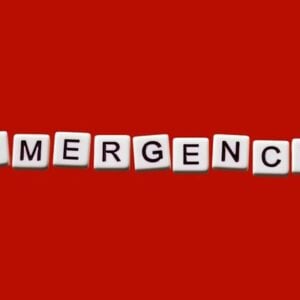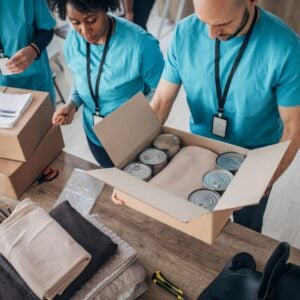The World Food Programme (WFP) and the International Labour Organization (ILO) have signed a memorandum of understanding to support vulnerable households in six regions of Madagascar. The collaboration aims to help families produce sufficient food, withstand future shocks, and progress towards self-sufficiency, aligning with both the country’s national development priorities and the Sustainable Development Goals.
In a country where nearly three-quarters of the population lives in poverty and food insecurity is widespread, the partnership will focus on developing community infrastructure to improve livelihoods. Targeted regions include Analamanga, Androy, Atsimo Andrefana, Fitovinany, Vakinankaratra, and Vatovavy, where vulnerable households face significant challenges to food access and resilience.
ILO Country Director and Resident Representative Frederick Muia emphasized that the agreement goes beyond intent, representing a commitment to ensure no one is left behind. He outlined three priorities: creating fair and safe jobs that develop useful skills, implementing international labor standards with attention to women and youth, and achieving measurable results through continuous monitoring and adaptation.
The partnership will also support households and farmers’ organizations with small-scale food processing and preservation facilities such as mills, drying units, and warehouses to store harvests and reduce post-harvest losses. Efforts will extend to rehabilitating and expanding farmland, ensuring farmers gain reliable access to water for producing rice, maize, and vegetables.
WFP Representative and Country Director in Madagascar, Tania Goossens, highlighted that the partnership reflects a shared commitment to building sustainable livelihoods. By working together, the two organizations aim to boost productivity and strengthen resilience in the most vulnerable communities.
Through their combined expertise, WFP and ILO will contribute to improving food security, expanding economic opportunities, and creating jobs. Community assets will be built by locally recruited workers, keeping income within the villages and supporting local economies. This initiative forms part of a broader collaboration to enhance resilience and work opportunities across Madagascar’s six regions.







